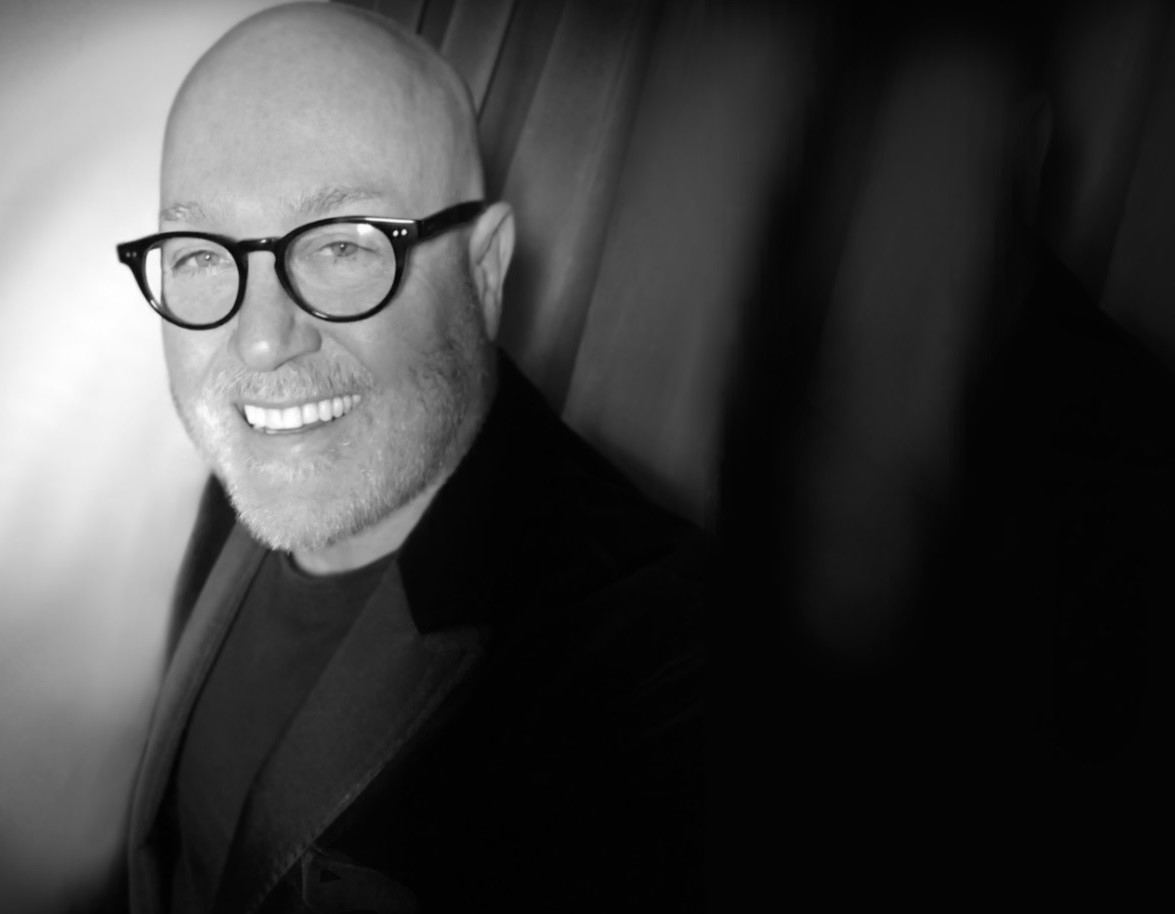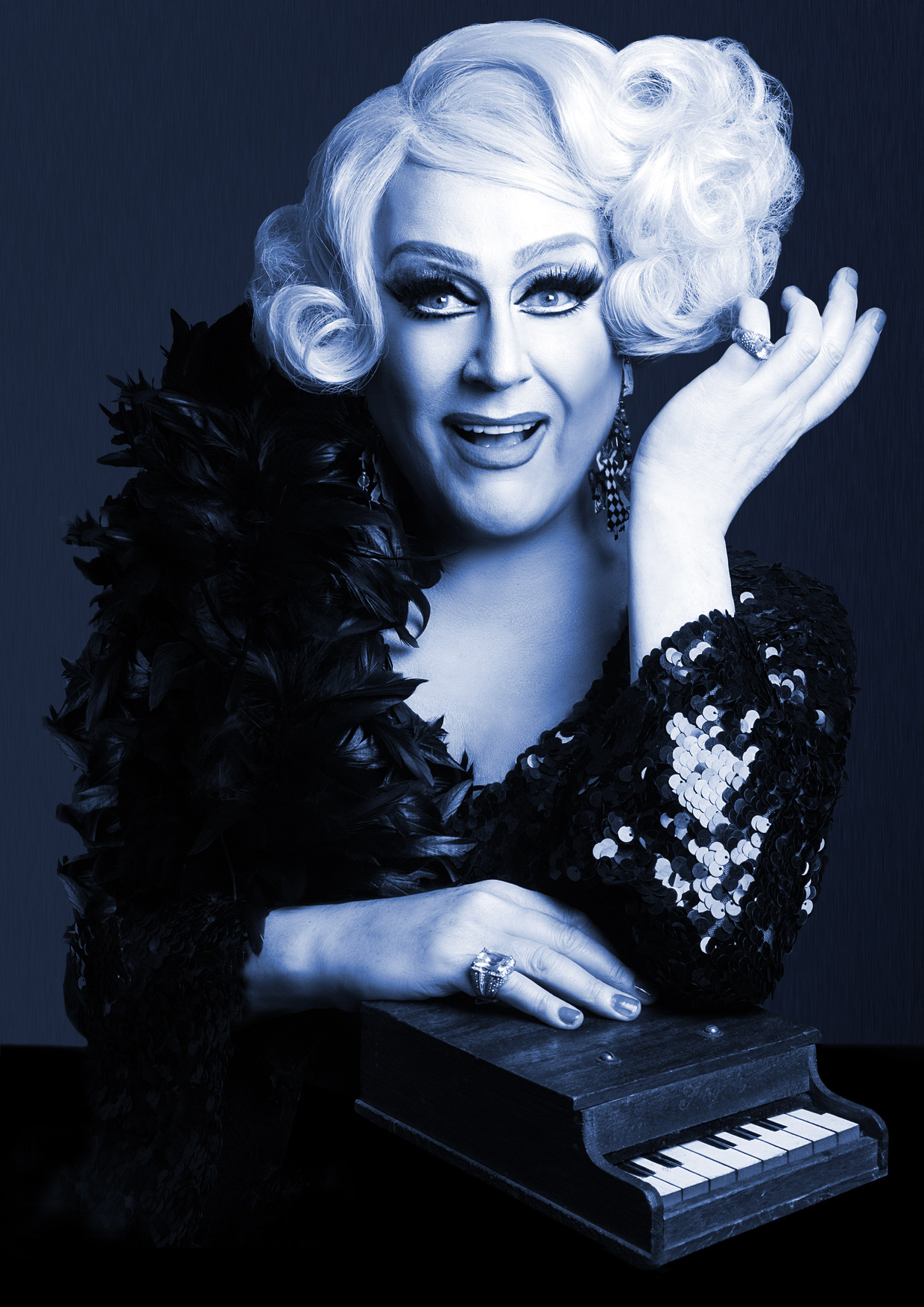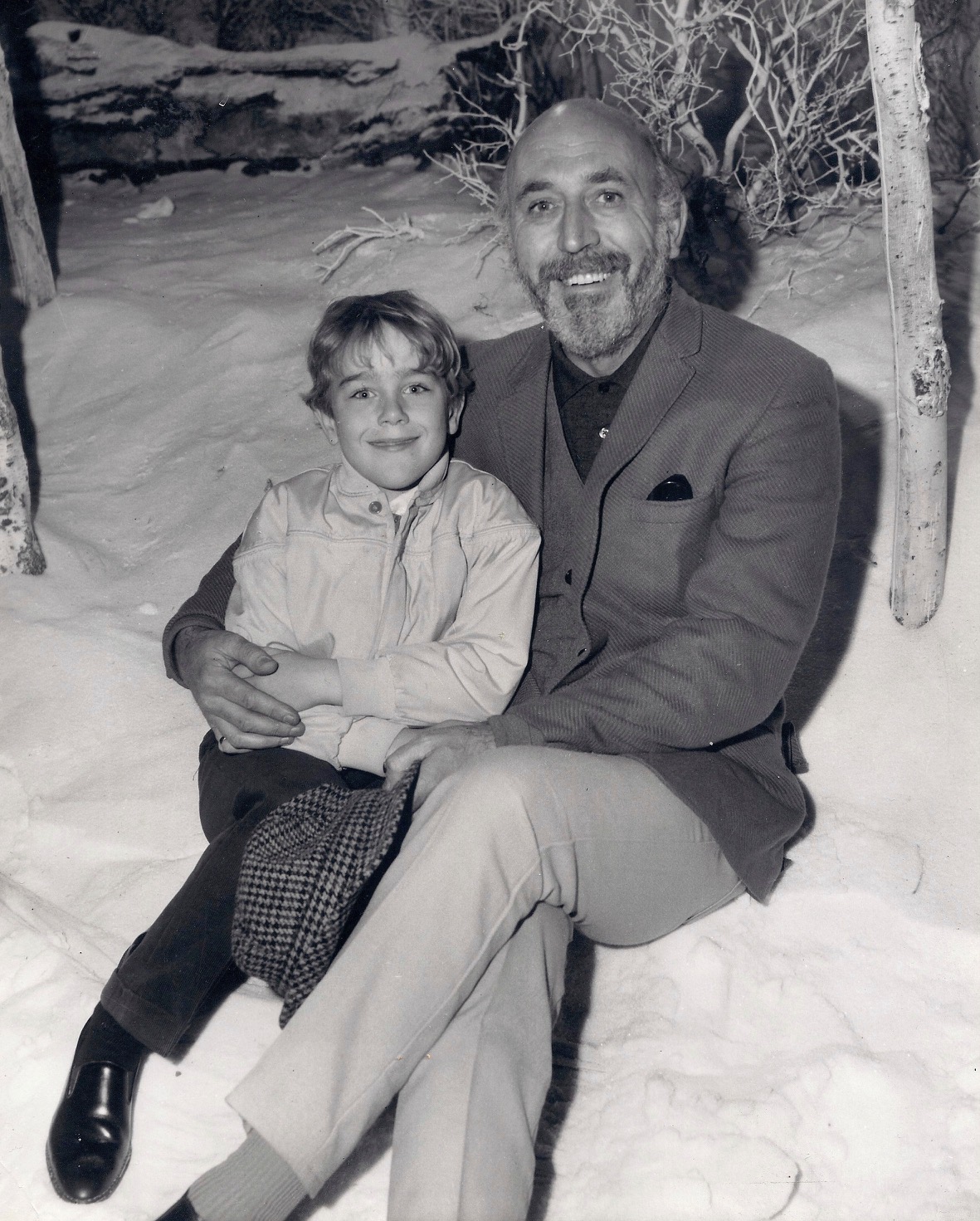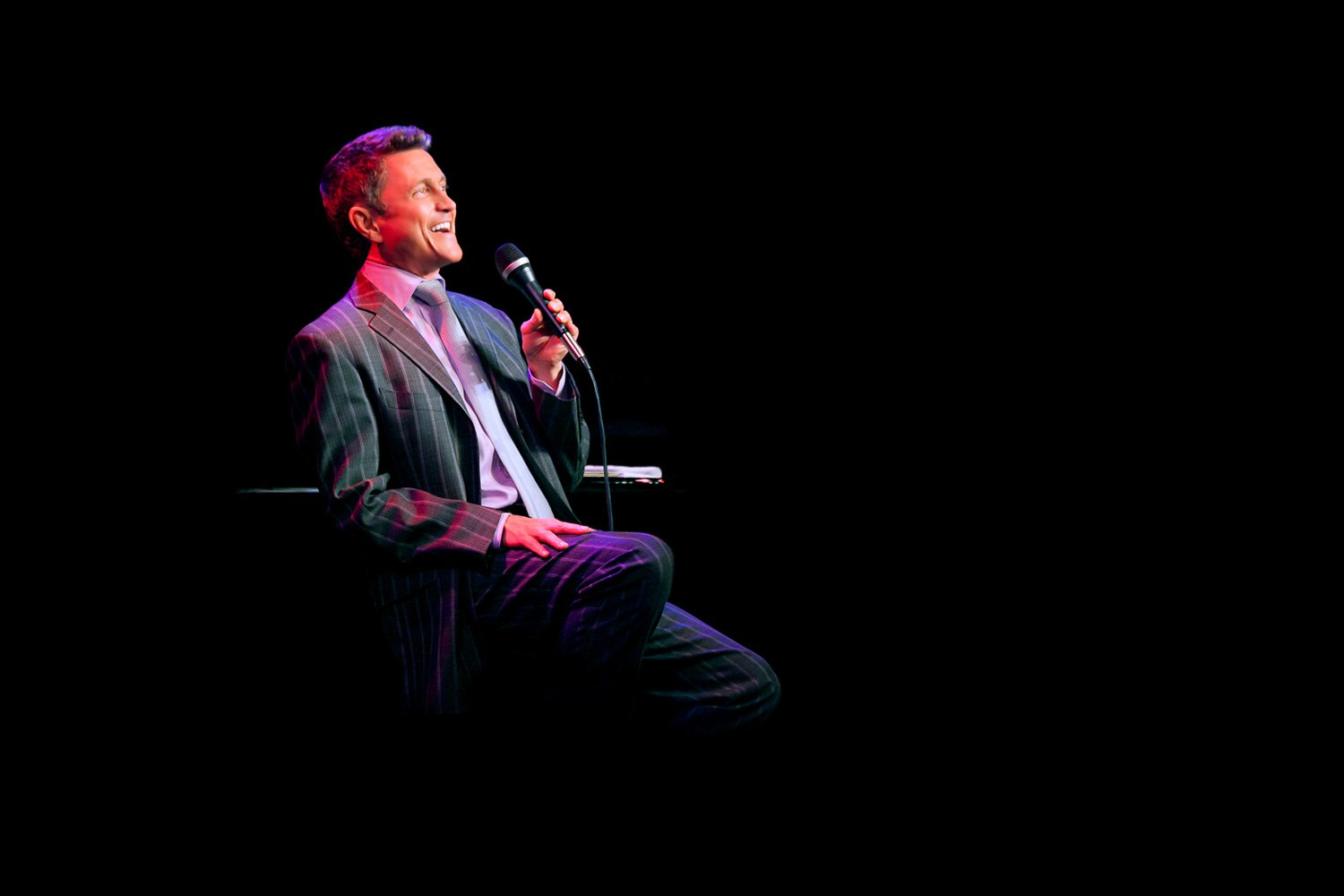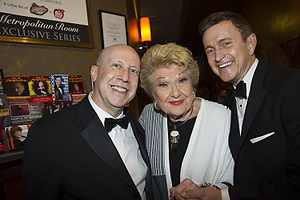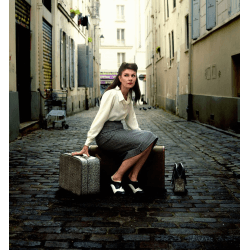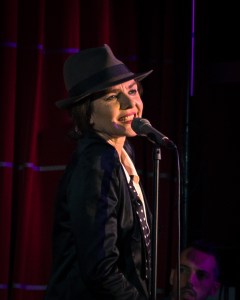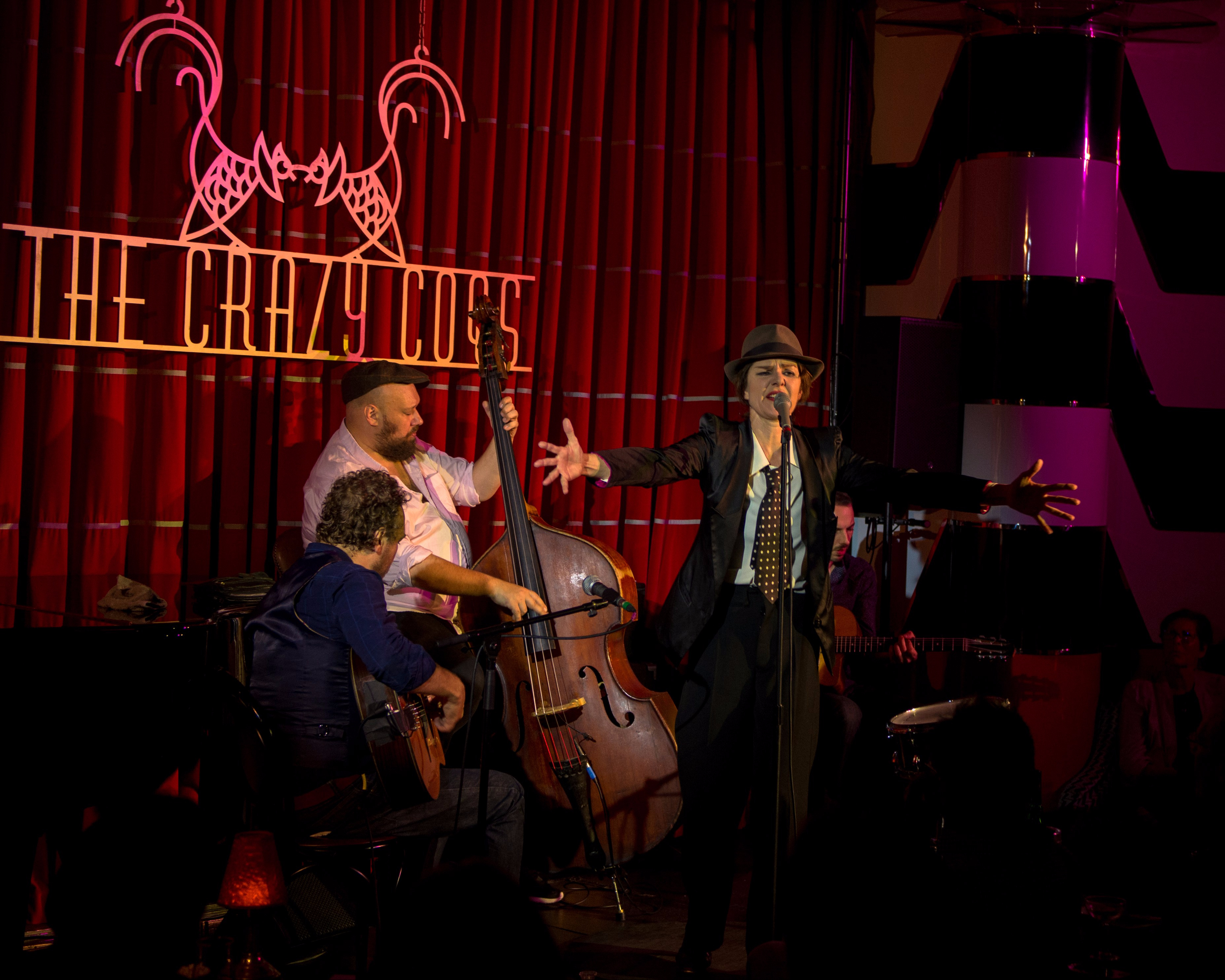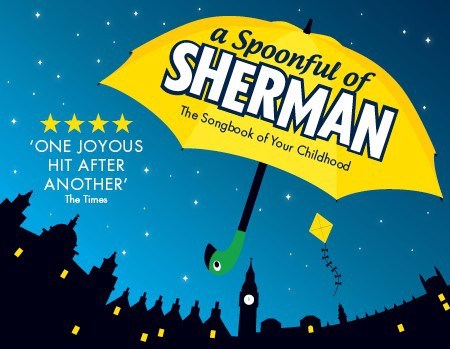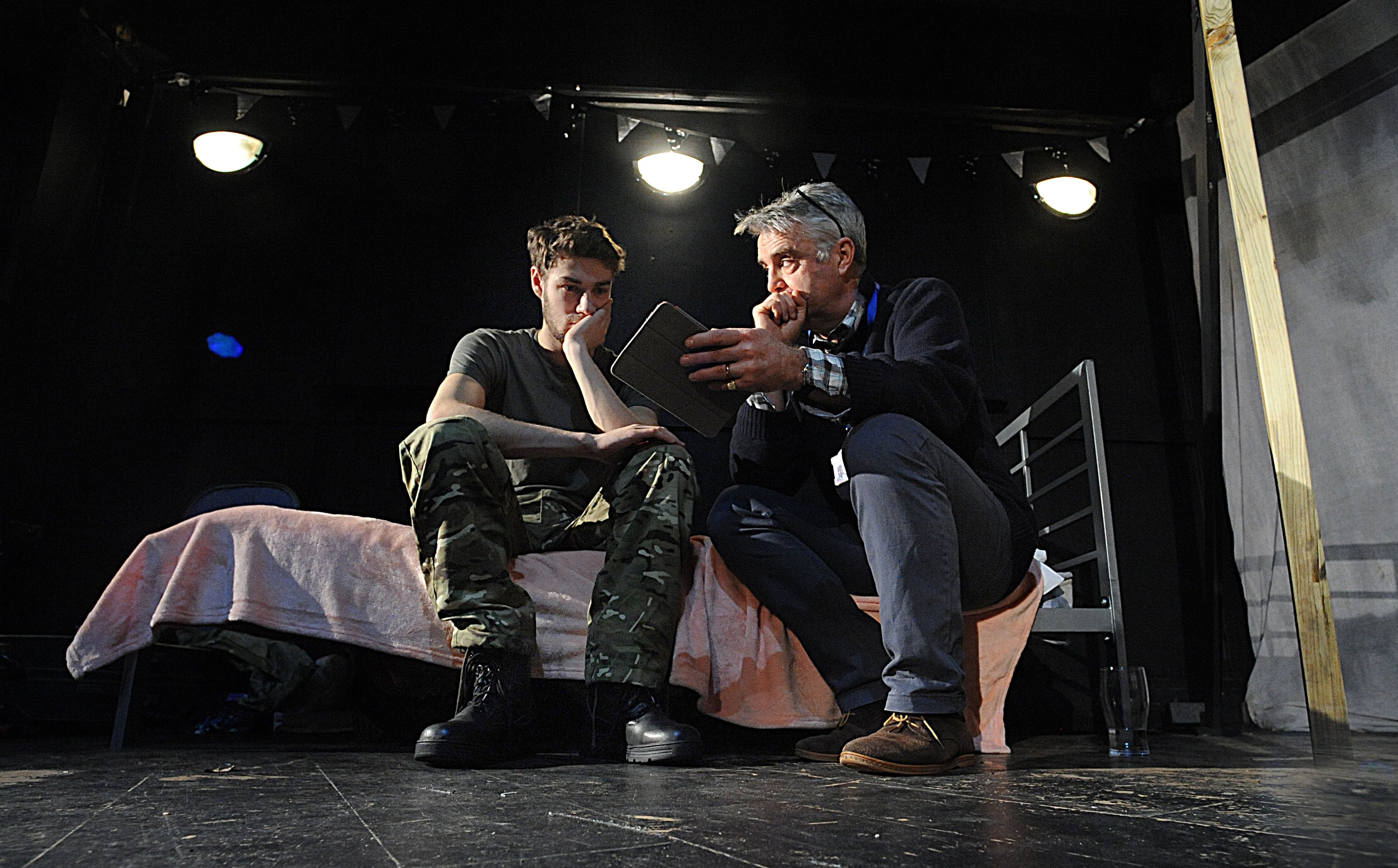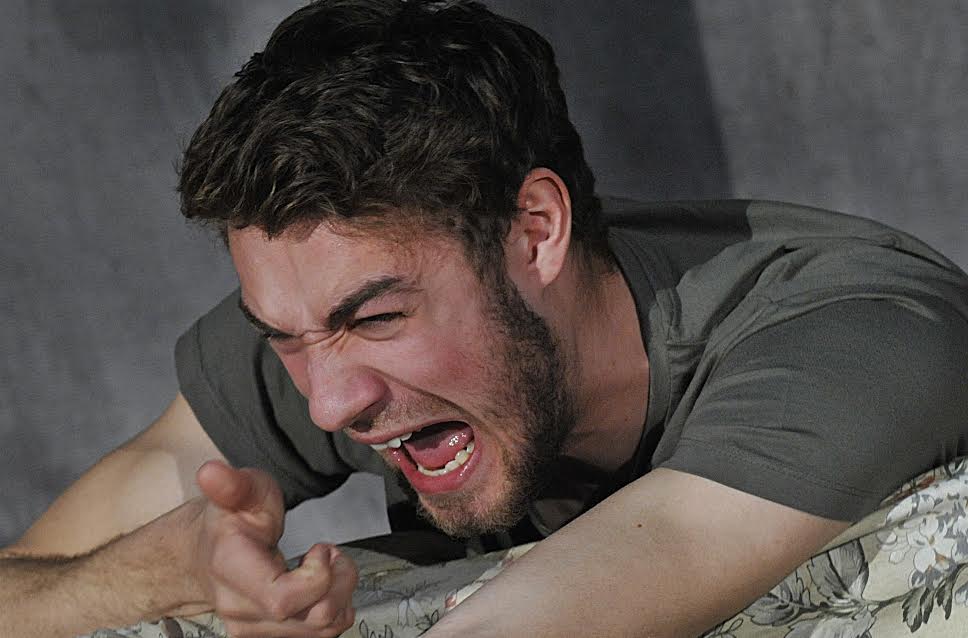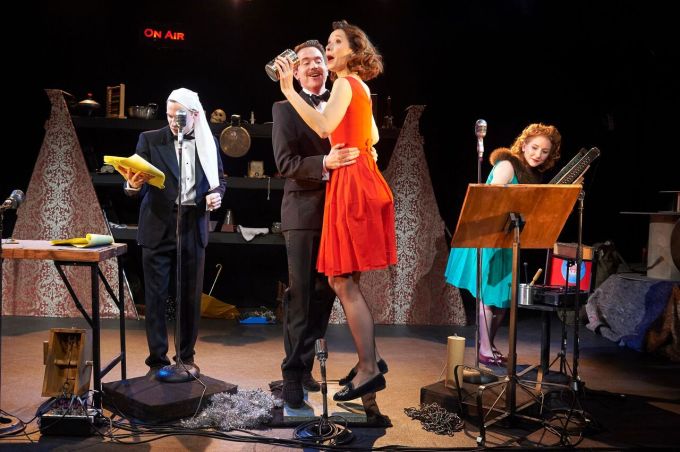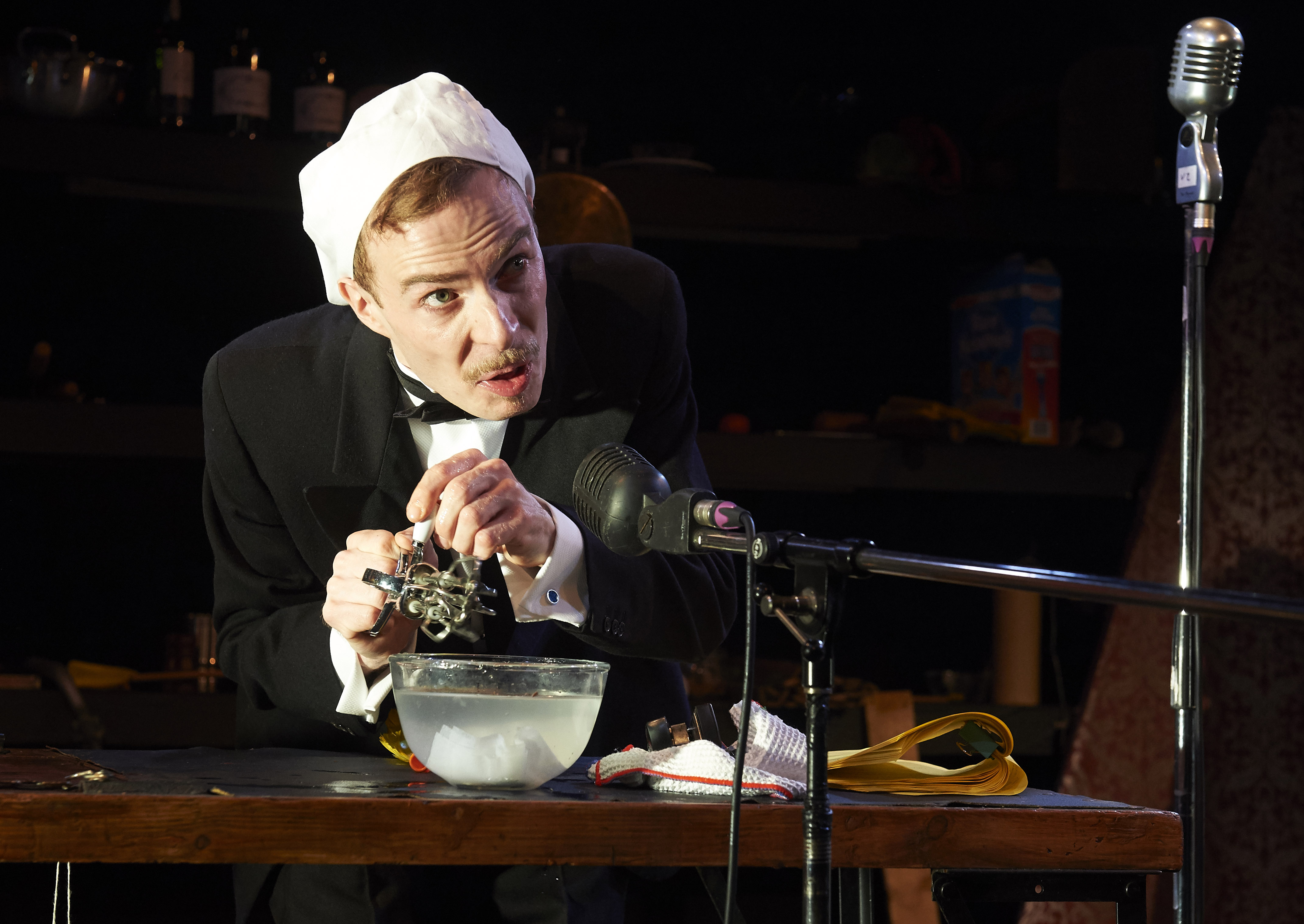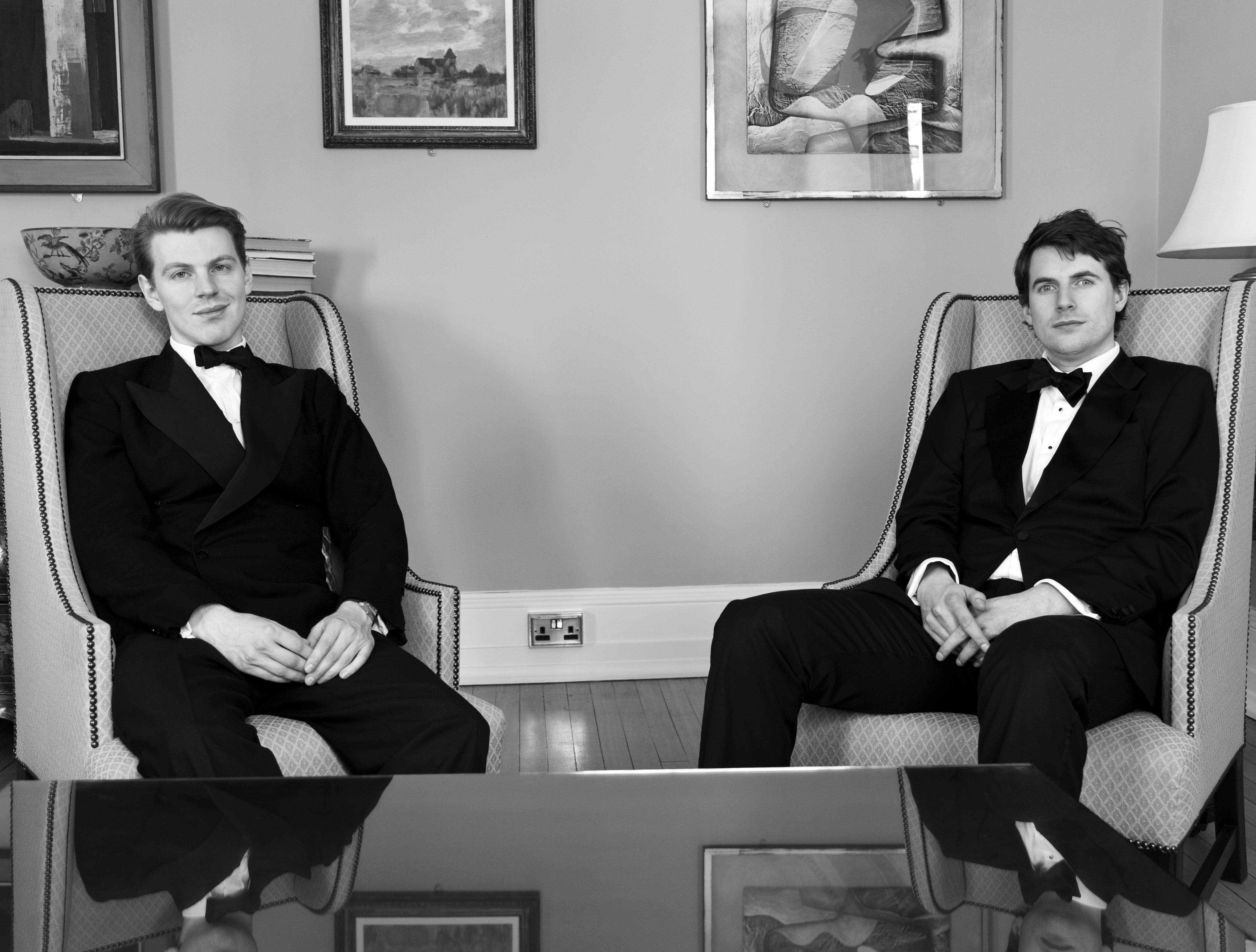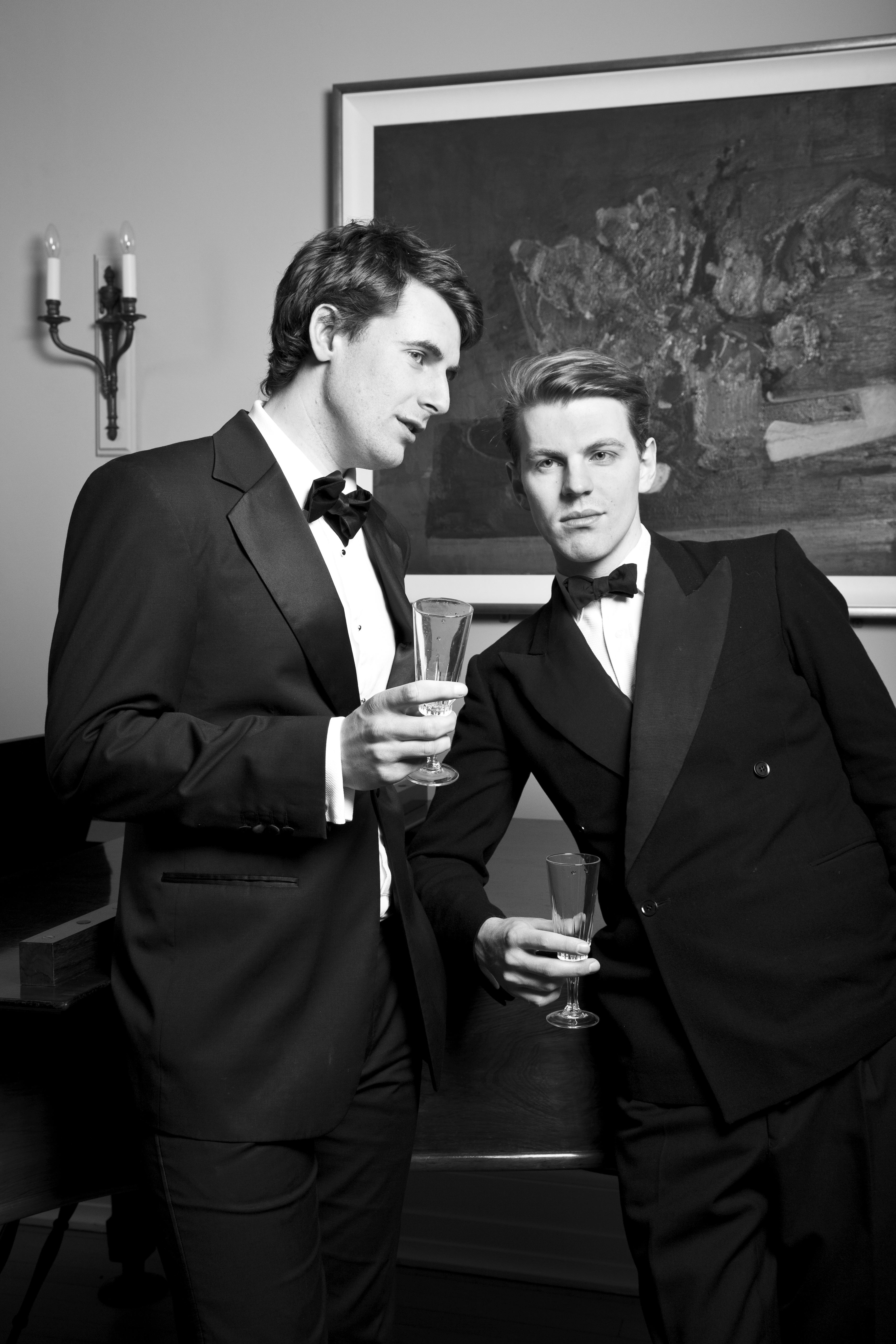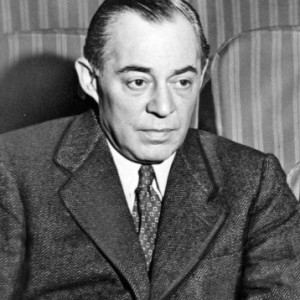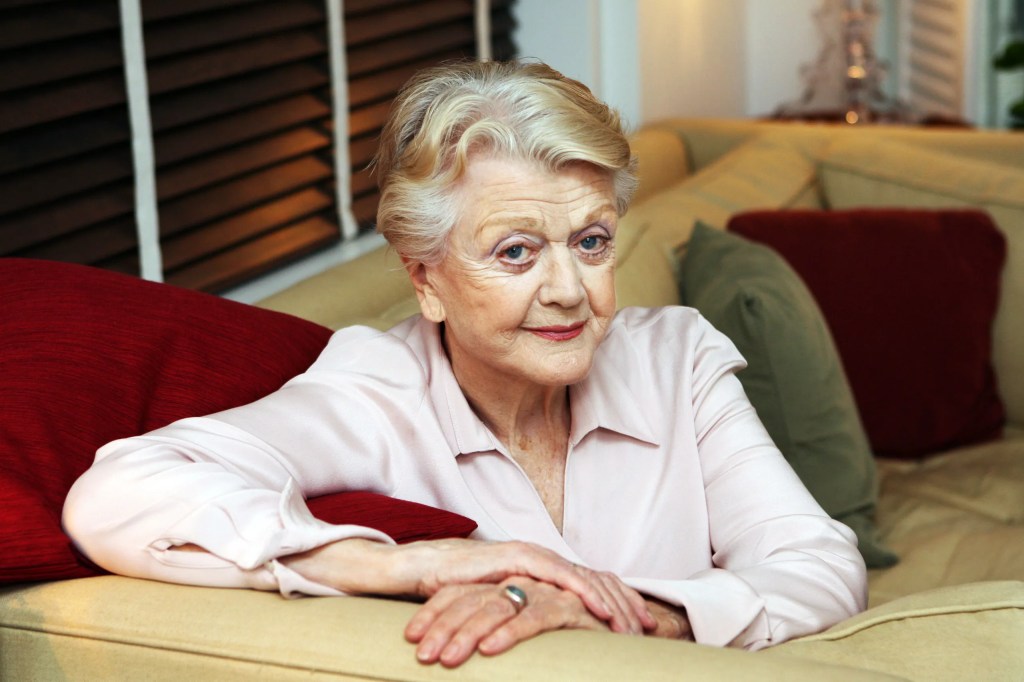

Recently, I have lost two important public figures in my professional life- The Queen and Angela Lansbury. I’ve had the privilege of playing each of them on stage. I’ll write about both in time, but right now, I feel I must say something about Angela, in the light of her recent passing.
In 2015, I created a solo show, Looking For Lansbury, for Angela Lansbury’s 90th birthday. When the idea was first suggested to me, I was resistant to put it mildly. It was an American producer who saw something in me that that would understand her character and give a good account of and portrayal of her. She was like a dog with a bone, refusing to stop pestering me about it until I eventually did a bit of research on Angela’s life, just to point out how wrong that producer was! Instead, I found myself transfixed. Suddenly, I knew I had to do it.
I was able to meet her personal pianist and musical director, and when Angela came to London to do Blythe Spirit, I left a bouquet of flowers for her with a card and information about the work I do, explaining what I wanted to do and how I intended to approach the work.
I made it clear that while I would play in and out of her as a character, the work would not be an imitation of her.Also, while it would certainly be celebratory, it would not be a gushing or fawning piece and that I would use her real words whenever possible, in keeping with my brand and style of show.
I resolved not to contact her again unless invited, and it was several weeks before she replied. By then, she was back in the States and had spoken to the pianist about the matter.
Through him, she sent a very nice piece of correspondence, complimenting my work calling it ‘unique’, and showed she had done some research on me in return.
She both gave me her blessing and made it clear she would not be involved herself. This gave me the go-ahead whilst also giving me the permission to say and do as I saw fit. A generous act.
What piqued my interest in her most especially:
Partly, it was her family background. Her father’s side were deeply rooted in Socialism, with her politician grandfather George Lansbury being Mayor of Poplar, a poor district in East London, and one-time leader of the Labour Party. He was imprisoned twice- once for refusing to pay a property tax, saying it was unfair to charge the people of Poplar the same as those in Kensington, and once for his support of the Suffragettes.
He addressed great rallies with huge numbers of people – and Angela accompanied him as a little girl.
Then she has the beautiful Irish actress mother Moyna McGill, who played Desdemona to Basil Rathbone’s Othello amongst other successes, but whose character was far less robust, and Angela often found herself playing the supportive adult in the family, particularly after her father died.
Her professional challenges:
An actress myself, of course I was interested to know how she approached her roles and how her career panned out. Having lived so long with this woman’s professional story, a career which started in the 1940s and spanned film stage, Broadway musicals and TV, I am starting to feel better qualified to provide some insights into what made her tick, both as an artist and as a person.
Her enigmatic quality
This was in part due to her fierce protection of her privacy, not just of her family life, but of who she was as a person and how she ticked. She simply did not care to discuss these things, and this self-protection was the very thing which both made her the artist she was, and yet also held back her career for many years, despite a universal respect for her acting ability.
I go into depth on these things in Looking For Lansbury, but I want to choose just one of those aspects to write about here. Perhaps I’ll discuss others at a later date.
But, for me, two things stood out.
One was the difficulties she had in getting the right people to believe in her and see her as ‘star’ material.
The other was the contradictions in her personal desires and priorities, and what impact these contradictions had on her professional life.
It is this second aspect, I will touch upon here.
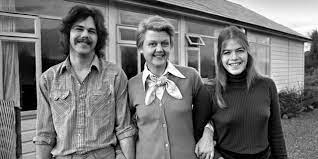
Homebuilding was always important to Angela. Although she had a strong urge to act, there was always an internal tension between working and wanting to stay at home, especially after the children were born, first Anthony and then Diedre in the 1950s.
After the kitchen sink drama A Taste of Honey had been a hit in England, Angela was in the frame to do it on Broadway. Her husband Peter Shaw, who had become her agent, would often push her towards an acting opportunity when Angela would really rather have stayed at home. She kept refusing this project too, but one day, the two directors, (yes, two…), together with the producer, known as “The Abominable Showman”, all rolled up at Angela’s house in the same powder blue Cadillac. And together with Peter, they set about grinding her down until she finally agreed to do the play on Broadway for 6 months- but only after they agreed to let her rehearse near her home in Malibu.
Another example of her commitment to building a successful home life is how she was willing to walk away from her Hollywood career to protect her children.
In 1970, bushfires ravaged California and Angela’s beloved home, her “Island in the sky” burned to the ground.
During that time, both Anthony and Deidre had become heavily involved with the drugs scene, and Deidre had even come under the spell of serial killer Charles Manson who killed the actress Sharon Tate.
Angela felt it was time to take them away from all that atmosphere and tragedy, and to transport them to a place of safety and utter tranquility – the south of Ireland.
From there, she was able to play Mama Rose in Gipsy to massive success- though, this too only transpired after a lot of persuasion from Peter, Angela being daunted by the thought of stepping into Ethel Merman’s shoes.
Moving fast forward many years to Murder She Wrote, Angela and Peter’s own company Corymoretook over production after the eighth year of the series. Its creator Peter S. Fisher was bought off with a very large sum and there was now financial security for Angela’s whole family.
Once again, Angela’s choices were made partly with the welfare of her family in mind.
She even made sure her son Anthony, who by now was completely rehabilitated and having been to drama school, could direct some episodes- with an experienced assistant to stop him making any gaffs.
Anthony was also Angela’s dialect coach on the series, and before that for the London cast of Gipsy.
She built another house in Ireland for the summer holidays. Not that she could spend much time there as summers were spent making films, like the original “Mrs Harris Goes to Paris”, directed by Anthony, with executive producer David Shaw. David was Peter’s son from his first marriage.
In the end, it was her ability to reconcile these two initially contradictory interests that combined both personal and professional fulfilment, and great wealth. Together with Peter’s tough negotiating spirit insisting on high salaries and a share in the profits for Angela whenever she did a project, it’s little wonder she became one of the wealthiest women of television history. At the time of her death, the actress was worth a whopping $70 million, no less.

There is so much more I could write about her, not least how her personal qualities influenced her work, as well as the things I mentioned earlier in this article, but I will leave it here for now.
I hope you enjoyed this piece. So much has been written in tribute to her since her death, and I hope this provided a fresh perspective on at least one aspect of her life. Let me know your thoughts about her and if would like me to expand upon anything in particular.
